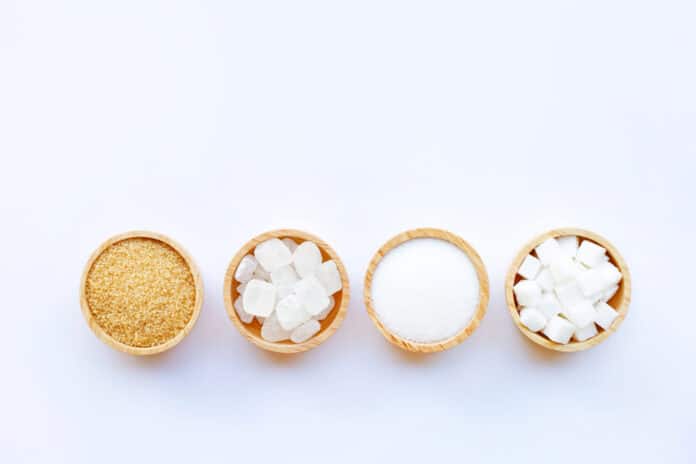
Eating lots of processed sugar can lead to serious health issues. This also happens when you eat foods that contain added sugars because they can affect your cardiovascular system by leading to metabolic disease and type 2 diabetes. In turn, you stand a higher risk of developing heart disease.
Sugar has never been at the top of the list of food dangerous to heart health. However, experts believe it should be up there with salt and saturated fat. This article will examine just how bad sugar can damage your health.
Too Much Sugar Causes Obesity and Diabetes
According to Arash Bereliani, MD, director of medicine at the Beverly Hills Institute of Cardiology and Preventive Medicine in California, eating or drinking large amounts of sugar increases your risk of obesity and diabetes. He talks about how diabetes and obesity are key contributors to the rise of peripheral artery disease (which can lead to stroke) and coronary heart disease (which can lead to heart attacks).
Large Sugar Consumption Can Lead to Stroke
People who have diabetes have a higher risk of getting a stroke, according to the American Health Association. They’re also likely to develop heart disease later in life.
If you have unmanaged diabetes, this can lead to elevated blood sugar or high blood pressure that puts a strain on the heart.
Lots of Sugar Can Damage the Blood Vessels
Eating a high amount of processed sugar could damage the lining of your blood vessels, which will decrease their elasticity which causes them to become narrow and restrict blood flow. If the arteries already have plaque build-up, it can restrict blood flow to your heart and brain, leading to a stroke or heart attack.
Processed sugar can increase triglycerides, a type of fat naturally circulating in your blood. High triglyceride levels can lead to lipid disorders like high LDL cholesterol and raise your risk of stroke and coronary heart disease.
How Much Sugar Is Too Much Sugar?
According to the CDC, the average American consumes 17 teaspoons of added sugar daily, which amounts to 57 pounds yearly and nearly three times the amount recommended by the AHA. The Association advises that added sugar should be limited to less than 6% of your daily calories. A standard 2,000-calorie diet amounts to about six teaspoons (24 grams) of sugar.
Conclusion
Book an appointment with your physician to assess your current sugar levels. If you’re already at risk, follow the AHA guidelines to keep your health in check.


















